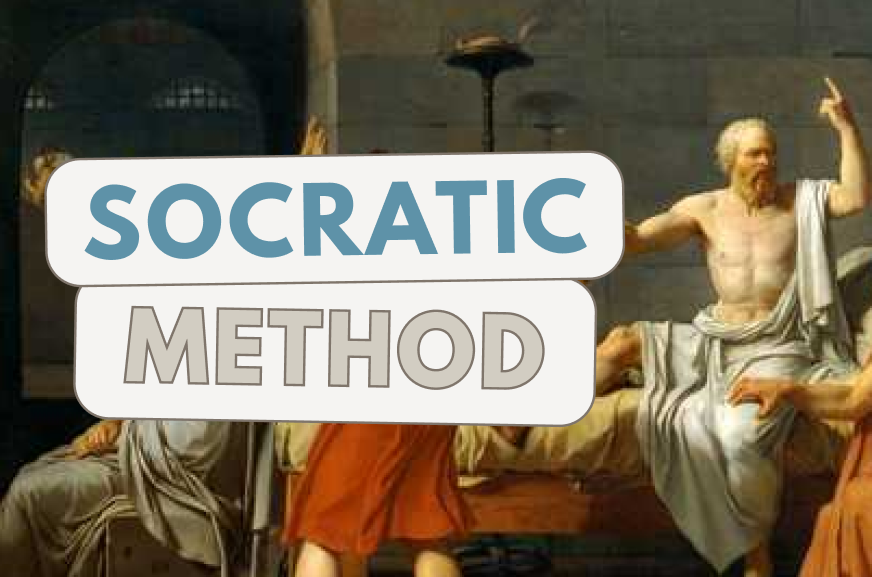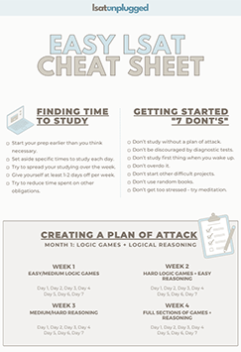The below excerpt about the Socratic method is from Professor David Hricik’s Law School Basics (Amazon).
The Socratic Method
Law school classes are not taught like undergraduate courses. Instead of simply listening to a lecture and taking notes, law school classes—particularly most first-year classes—are taught using the so-called “Socratic method.” In the Socratic method, the professor teaches not by lecturing, but by engaging in a dialogue with one or more students in the class. The teacher may often stay with one student for the entire class period. It can be stressful, and some professors enjoy showing off their intellect at the expense of their students.
Professors who use the Socratic method teach by asking questions based upon hypothetical fact patterns slightly different from the cases that were assigned as reading. The professor will see how far the rule from the case can be stretched: when should a different result be reached, or a different rule applied?
For instance, suppose in the assigned case the court had reasoned that a person’s trespass across somebody else’s property was unlawful, even though the person did not know he was trespassing. The professor may ask: “Suppose he was trespassing across someone’s land in order to rush another person to the hospital?”
The professor wants to test the limits of the “rule” from the case and the student’s ability to think on his or her feet. Does the case really mean that all trespasses are always illegal; that is what the court said that it “held”; but can’t some trespasses be “justified” or “excused?” If so, what rules or tests should be used to determine whether such an exception should apply—whether someone should not be held liable for trespass even though he went onto another’s land without permission. The Socratic method is used to explore the factual, logical, and policy boundaries of legal rules as stated by the cases.
The Socratic teaching method is less widely used in law schools than it was in the past, particularly after the first-year classes. Whether that is good or bad as a pedagogical matter is an open question. From personal experience, however, I can say that knowing you will not be grilled about the assigned reading makes it easier to go to classes during your third year, when often you are too detached to care about being prepared for class.
Another common feature of most law schools is that you will have only one test in each class, a final, given at the end of the semester. In some year-long classes, you will have only one test at the end of the school year. Unlike undergraduate courses, your grade for each law course will depend entirely upon how well you do on one test. (Legal writing classes are different because an evaluation of writing ability is not best based on one sample, and so grades in legal writing are based upon several assignments turned in over the semester.)
Thus, except for legal writing, during your first year your daily routine will consist of reading cases and other materials, such as law review articles, and showing up for class to discuss them by the Socratic method. Unlike your typical undergraduate experience, during your entire law school career you will rarely turn in any paper or other assignments. There will only be one final in each class. That one test will determine your grade for the entire, semester-long course, or in some cases, for the entire year-long course. During your first year, this routine will be punctuated every four to six weeks by the need to turn in an assignment in your legal writing class.

